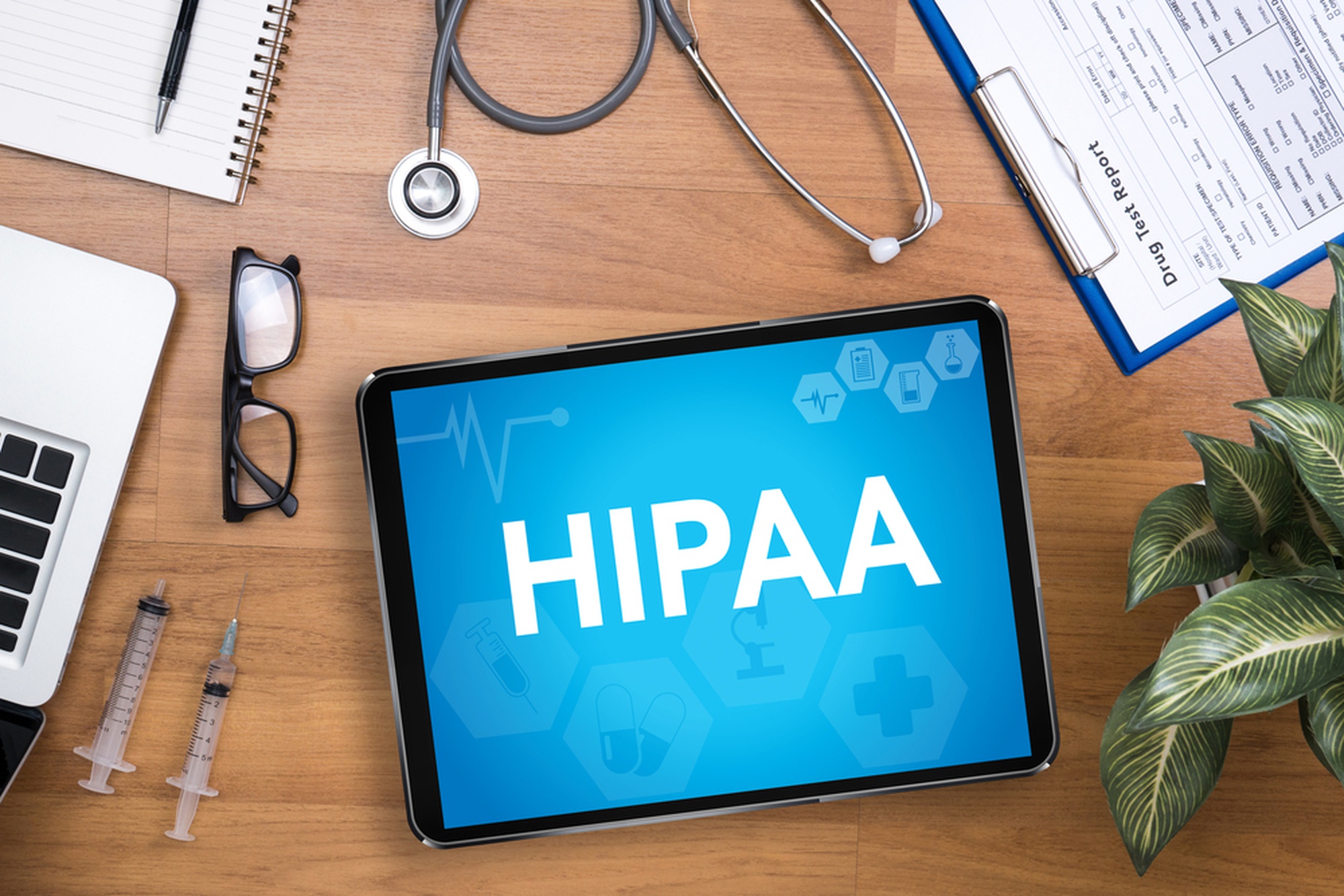Medical professionals must be informed of HIPAA compliance requirements. These laws were put in for the purpose of protecting health information. Thus, all medical professionals must be acquainted with and comprehend these laws. It isn’t easy to keep up with HIPAA regulations, especially in today’s information age. There are a variety of options to ensure your practice remains compliant and secure. The knowledge you have can allow you to protect confidential information. The compliance with these rules is crucial to keep private and sensitive information safe from possible breaches of security and loss of patient confidence in your business. Implementing HIPAA security measures is an important step in building a successful medical practice.

Being aware of and understanding HIPAA Compliance is vital for all those who deal with sensitive patient data. HIPAA regulations require all entities that deal with Protected Health Information to be familiar with and adhere to their guidelines. Failure to comply can be a cause for hefty fines or even jeopardizing the confidentiality of the patient’s information. It is imperative to know how to swiftly respond to any security breach that occurs. Also, knowing HIPAA training requirements as well as learning how to spot violations are essential skills that should be kept current because of the rising frequency of cyberattacks and data breaches. Healthcare companies can avoid penalty and costs by having a thorough knowledge of HIPAA compliance.
Being compliant with HIPAA can give employees peace of mind knowing that their private health information is protected with the highest standards of patient privacy. Employers could create an HIPAA compliance plan that addresses all aspects of data security for employees. This gives employees confidence that their private data will not be misused or divulged in an unnecessary manner. This builds trust between the employer and the employee, and gives both parties the sense that they both share the responsibility of maintaining their privacy as well as protecting their mutual interests. Ultimately, adhering to HIPAA guidelines helps businesses create safe and secure workplaces where employees are confident in their medical records remaining private from unauthorised users.
HIPAA compliance is an important element of every healthcare system and it is crucial to know when to notify the occurrence of a HIPAA violation. It is critical to be aware of your laws that govern the healthcare industry and that is, healthcare providers must maintain patient privacy and ensure that confidential information is confidential. Anyone who has access to PHI must promptly report any breach that is suspected. If there is a mistake in reporting any such breach either civil or criminal sanctions could be in effect. Patients who are affected can submit a complaint with the Department of Health and Human Services Office for Civil Rights when they feel their rights as well as those their personal information has been violated. It is crucial to inform employees of HIPAA compliance, and provide in-depth training on HIPAA policies. This will reduce the risk of non-compliance.
Conformity with HIPAA regulations is beneficial for employees in a variety of ways. It not only protects their personal information, but it can also give them peace of mind that the company is taking all necessary steps to protect their health. HIPAA compliance also facilitates communication between employers and employees. They can rest assured that the health-related conversations will be conducted in a safe space. The ability to keep both employees and employers confidential information secure builds confidence, which results in higher satisfaction with work and greater retention rates. HIPAA compliance shows employees that the company takes care of their employees professionally and also personally. This is a wonderful way to build a more productive workplace.
For more information, click explain the contents of subtitle d of the hitech act
